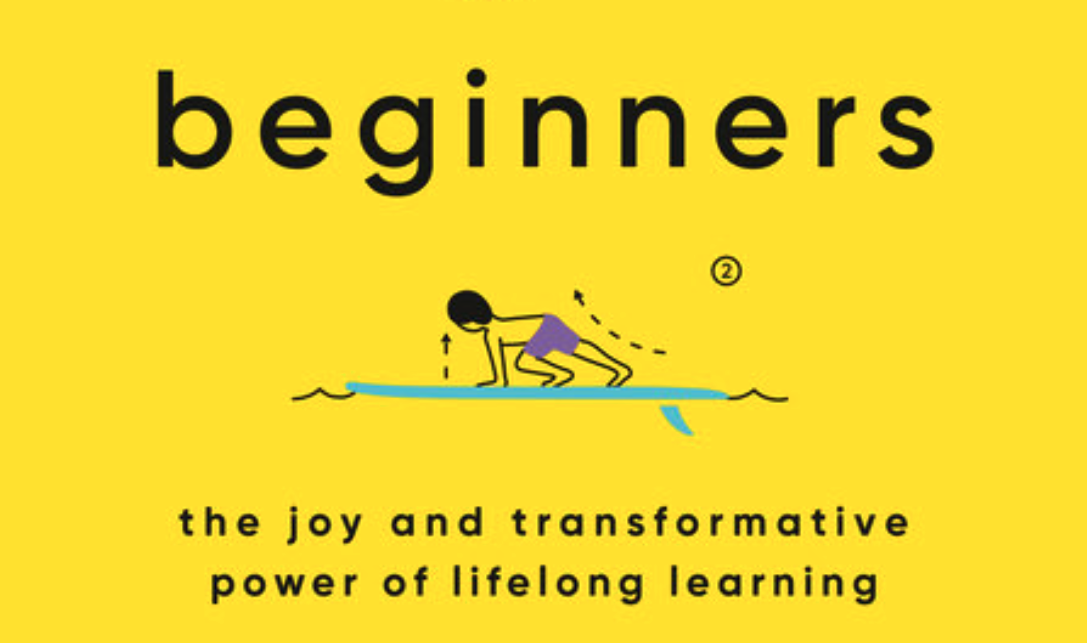
Early in my residency, I remember the first time I saw a patient coding in the emergency department. I wanted to do something but I didn’t know where to start. I felt frozen in place while everyone raced around me. The techs transferred the patient from the stretcher to the bed and then attached pads and the EKG leads. The nurses hunted for veins to place IVs. The EMS personnel continued to administer CPR. One of my senior residents prepared to intubate the patient. Another one tore open a procedure tray with the intention to place catheters into the femoral artery and vein. A third ran the code from the foot of the bed like a conductor directing an orchestra. The attending physician looked on approvingly. And I’m sure a million other things were happening that I did not register because I was a novice doctor. I don’t even remember hearing the report that EMS gave us.
As I progressed in my training, I became familiar with the standard procedure, the ritual even, of resuscitating a patient who had died. Time seemed to slow down with each resuscitation. I focused more on the individual skills I needed to master in a code rather than trying to take it all in at once. I had my chances to intubate and place lines, focusing on one procedure at a time. I slowly moved from a novice practitioner to an advanced beginner to competent, graduating with new responsibility as each year passed. I overcame my imposter syndrome, finally accepting that I belonged. By the end of my residency, I had become proficient — now I was running the codes, surveying the scene as the sum of their component parts, from the foot of the bed.
Of course I had a general idea of how I was improving, but reading Beginners showed me how skill acquisition and expertise actually develops. In the book, the author, Tom Vanderbilt discusses how he started and practiced a variety of new skills from surfing to singing to juggling to playing chess. He explains the science of learning, the challenges and obstacles beginners face, why we learn fewer skills as we grow older (hint: we don’t like to suck), and why we should actually learn to embrace being perpetual beginners.

Fortunately, I do not need to be convinced on the benefits of acquiring new skills. I love to learn, I enjoy the struggle, and I get satisfaction from tracking my progress as I improve. Yet the book enlightened me on ways I could be a better learner, taught me concepts I was not aware of, and cleared up some misconceptions I had. Here are my five major takeaways from Beginners:
1. There are five stages to expertise.
- Novice – Beginners have no prior experience and require strict, universal rules to follow in order to successfully complete any skill or task. Generally, they do not take their failures personally because they are aware of their deficiencies.
- Advanced Beginner – Advanced beginners have considerably more experience than novices. They start to develop the ability to recognize key situations and apply certain rules, albeit inconsistently, in order to achieve their desired outcome.
- Competent – Competent learners can set reasonable long-term plans and goals in order to become more efficient and organized. There is greater situational awareness and less reliance on following specific context-based guidelines. Decision-making and problem-solving abilities begin to form. They begin to feel more emotionally invested in their abilities, own their mistakes, and take setbacks personally.
- Proficient – Proficient performers rely less and less on rules and protocols and start to complete tasks intuitively. They have a high level of pattern recognition, make calculated long- and short-term decisions. They view the challenges they face holistically and appreciate the nuances of situations, which allows them to respond with flexibility.
- Expert – This is a lifetime of dedication to a craft with enhanced intuition. Tasks become second-nature. Actions are fluid and unconscious. When experts reflect on a problem, they challenge their own assumptions, they practice rational decision-making, and they demonstrate tacit knowledge. They do “what works” but may have difficulty explaining or teaching their skills due to their ability to act and react without considerable thought.
2. Beginners often set unrealistic expectations.
When I first started working out in high school, I fell for the hype that you could get six pack abs in six weeks. In medical school, I thought my new podcast would quickly gain a massive following. Later, I assumed I would assimilate into residency easily. Each time, and again and again with my damn abs, I found myself disappointed when I struggled and the results never came.
Apparently, many beginners are notorious for overestimating their abilities and expecting results instead of focusing on process or making sure they actually know what what the task at hand demands. Vanderbilt writes,
“It makes little sense to lay down strict goals ahead of time for advancing in some discipline when the novice barely understands what the discipline is, what will be required, or how they’ll actually progress.”
The danger of focusing on results is that beginners often quit before their efforts yield any meaningful progress.
3. Learning new skills changes your brain.
As we teach ourselves new skills, our brains must initially work harder to create new neural connections and reshape themselves. Much like how muscle becomes more efficient with time as the same movements are practiced, the same occurs with the brain as new ideas, skills, or habits are repeated. Literally we are forging new pathways in our brains, ensuring our new abilities stay with us.
4. Embrace the suck.
Learning any new skill is difficult, requires determination, and will test our patience. Because developing competence in new areas can be humbling, it is often why many adults forgo the discomfort. Many of us have not felt under-qualified at any task for years and understanding the difference between a growth mindset and a fixed mindset will help us embrace new challenges readily. Carol Dweck, a psychologist and author of the book Mindset, describes a fixed mindset as a mentality where one does not believe that new passions can be formed: what you have is what you have and there is nothing you can do about it. However, someone with a growth mindset believes new interests and expertise can be developed. In order to cultivate the growth mindset, one must have humility, embrace the challenge of putting in time and effort, and treat learning as an end to itself.
5. Learning is a lifelong endeavor. Find joy in it.
My skills as a physician are proficient, but I do not think I am close to being an expert. To reach that level in a field where knowledge is doubling every four years requires many years of hard work. To consider myself an expert at this stage is an exercise in hubris. As a practice, medicine requires the attitude of a lifelong student. With any skill, our mentality should be similar. Rein back your ego and instead be open to the new people, ideas, and places to which you are exposed. It’s also been well documented that it is in the pursuit of new knowledge or experience that happiness can be obtained rather than in the pursuit of happiness itself. A life of learning is a life of growth, and if it makes us into happier and more interesting people — then all the better.
For more on the five stages to acquiring expertise see:
Thank you for reading.
Interested in learning more? You can support me by:
- Purchasing Beginners
- Reading my post on The Power of Compounding
- Keeping up with my work on Instagram or Twitter
- Signing up for my mailing list below (on mobile) or the right side bar (on desktop)